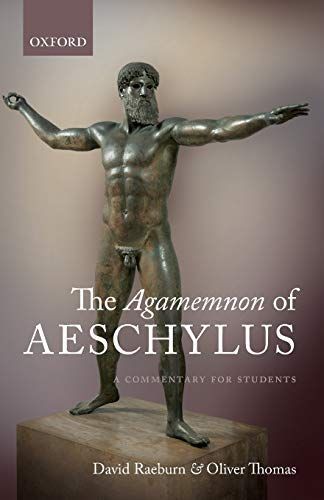
The Agamemnon of Aeschylus A Commentary for Students
This commentary discusses Aeschylus' play Agamemnon (458 BC), which is one of the most popular of the surviving ancient Greek tragedies, and is the first to be published in English since 1958. It is designed particularly to help students who are tackling Aeschylus in the original Greek for the first time, and includes a reprint of D. L. Page's Oxford Classical Text of the play. The introduction defines the place of Agamemnon within the Oresteia trilogy as a whole, and the historical context in which the plays were produced. It discusses Aeschylus' handling of the traditional myth and the main ideas which underpin his overall design: such as the development of justice and the nature of human responsibility; and it emphasizes how the power of words, seen as ominous speech-acts which can determine future events, makes a central contribution to the play's dramatic momentum. Separate sections explore Aeschylus' use of theatrical resources, the role of the chorus, and the solo characters. Finally there is an analysis of Aeschylus' distinctive poetic style and use of imagery, and an outline of the transmission of the play from 458 BC to the first printed editions.